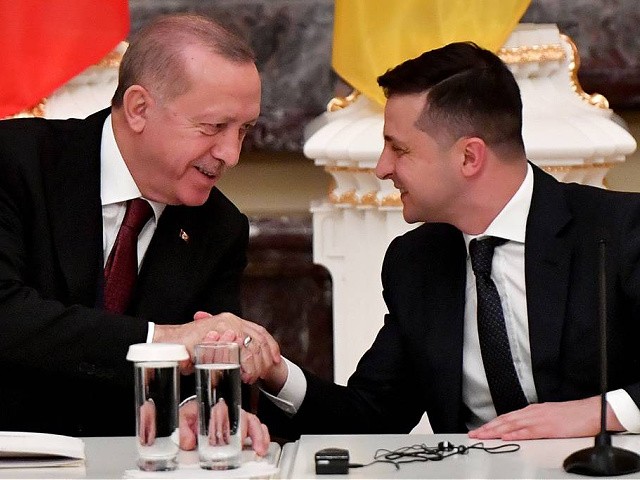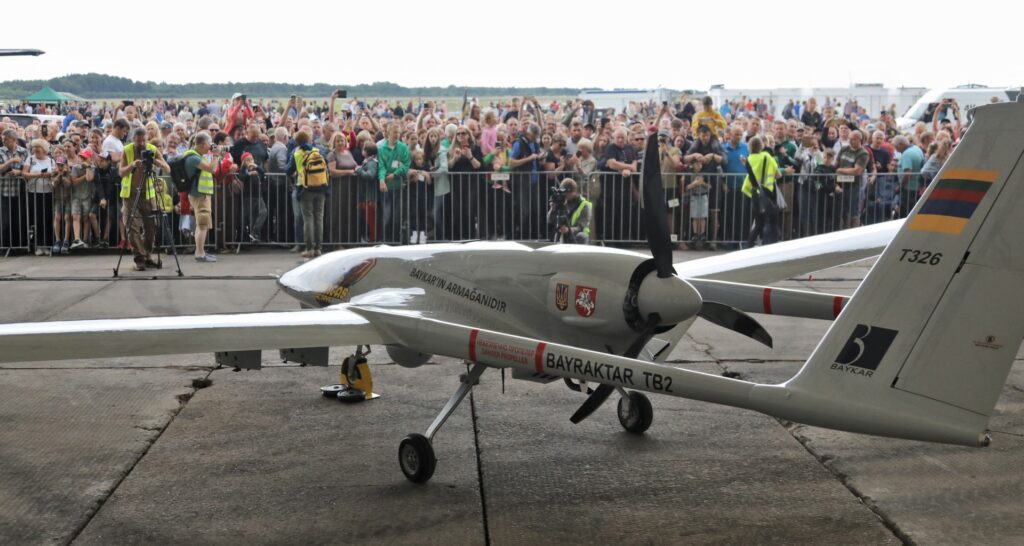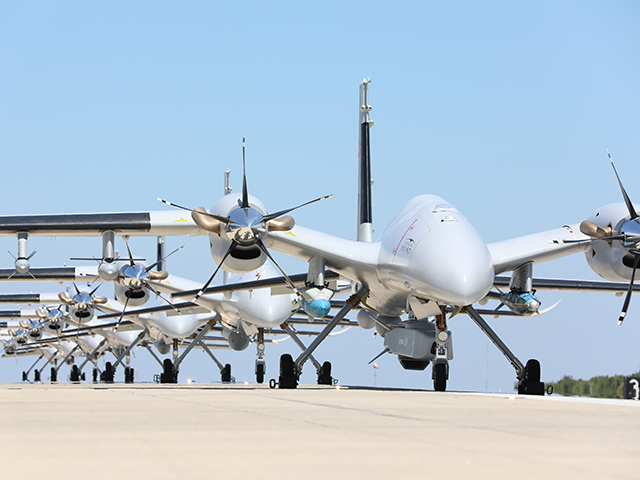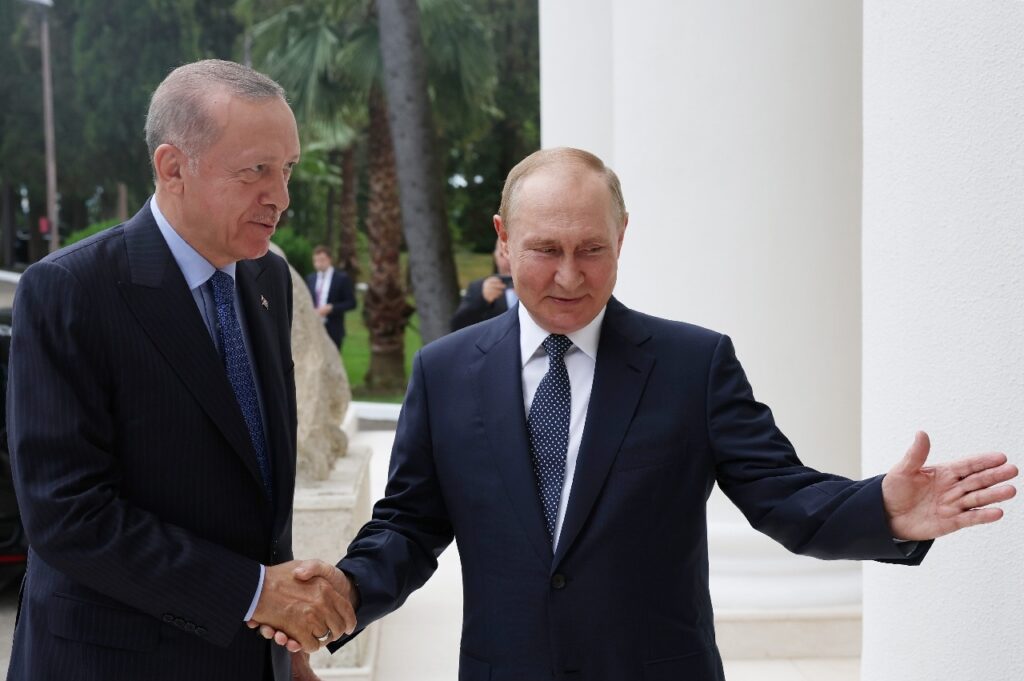Ukrainian Ambassador to Turkey Vasyl Bodnar said in an interview published on Monday that Turkey’s Baykar corporation, creator of the highly effective Bayraktar attack drone, is building a factory in Ukraine.
The Ukrainians made extensive use of Bayraktar drones to resist the Russian invasion that began in February. The Russians eventually began improving their anti-drone tactics, but in the early weeks of the war, Bayraktar TB2 strike drones were among Ukraine’s most effective weapons against Russian armor and artillery.
Drone sales have been a sticking point in the budding economic and political relationship between Turkey and Russia. Russian leader Vladimir Putin unsuccessfully lobbied Turkish President Recep Tayyip Erdogan to cut off drone sales to Ukraine, both before and after the invasion began. Before the invasion, Putin was primarily concerned about Ukrainian forces using Bayraktars against Russia-backed separatists in the volatile Donbas region.

Ukrainian President Volodymyr Zelensky and his Turkish counterpart Recep Tayyip Erdogan shake hands during a joint press conference following their meeting in Kiev on February 3, 2020. (SERGEI SUPINSKY/AFP via Getty Images)
According to Erdogan, Putin shifted his approach in July and invited Baykar to set up a drone factory in Russia.
“Putin told me that he wants to work with Baykar. He proposed to establish a factory in Russia as [Bayakr] has done in the UAE,” Erdogan said in July, referring to the Turkish company’s alleged plan to build a production facility in the United Arab Emirates.
Baykar officially denies it has a factory in the UAE, and CEO Haluk Bayraktar has said on the record that he does not wish to sell drones to Russia.
“Turkey supports Ukraine with armed drone technology. We did not transmit or supply anything to Russia. We would never do such a thing,” Bayraktar said in July.

A Turkish Bayraktar TB2 combat drone is on view during a presentation at the Lithuanian Air Force Base in Siauliai, Lithuania, on July 6, 2022. (PETRAS MALUKAS/AFP via Getty Images)
This was all the more awkward for Erdogan and Putin’s effort to hammer out a durable Turkish-Russian partnership because Haluk Bayraktar’s brother Selcuk, company cofounder and designer of the flagship drone, is President Erdogan’s son-in-law.
Ambassador Bodnar told Ukrainian media on Monday that Baykar has established a corporate presence in Ukraine and is actively working on its drone factory, which was rumored to be under construction even before the Russian invasion began.
“The factory will be built. Just a week ago, the government approved the bilateral agreement and sent it to the parliament for ratification, the agreement on the construction of the plant itself. Baykar has already purchased a plot of land in Ukraine and developed the project for the plant,” Bodnar said.
Bodnar said it made sense for Baykar to build a plant in Ukraine because “a significant number of the models that will be produced at this plant will have Ukrainian components in their production.”
“It can be engines, other spare parts, wheels, many different things that are high-tech in our country and can be used for these aircraft,” he said.
The ambassador saluted Bayraktar drones as “already a legend of our resistance.”
Ukraine owned at least 20 of the drones when the war with Russia began, and the Ukrainian Defense Ministry said it has acquired 50 more since then. Three of them were donated to the Ukrainian defense effort by Baykar, and one was crowdfunded by Lithuanians opposed to the Russian invasion.
The Kremlin expressed its profound displeasure with Baykar’s Ukrainian expansion plans by threatening to blow the factory up.
“The fact of opening such a facility, which will be definitely an immediate subject to the course of demilitarization, will only prolong the sufferings of Ukrainians but will in no way help to avoid the main objective of the special military operation,” Kremlin spokesman Dmitry Peskov said on Tuesday.
“Demilitarization” is Russia’s preferred euphemism for what it has been doing to Ukraine since February.
Russia’s state-run Tass news service sourly noted that Ukraine passed a bill on July 19 to improve “cooperation in the sphere of high technologies” in the “aviation and space sectors” with Turkey, an initiative that would permit the construction of advanced Turkish drones on Ukrainian soil.


COMMENTS
Please let us know if you're having issues with commenting.